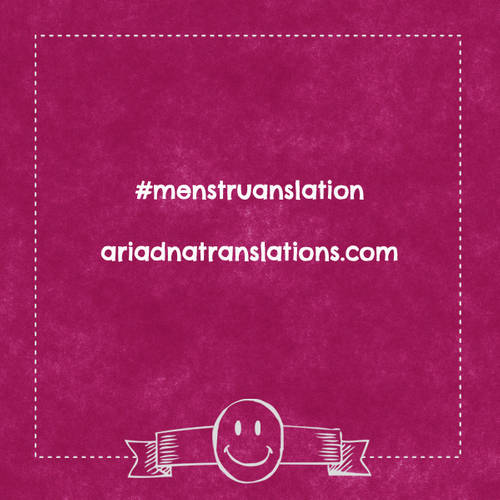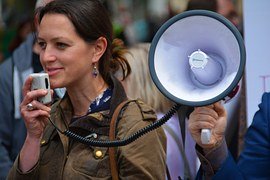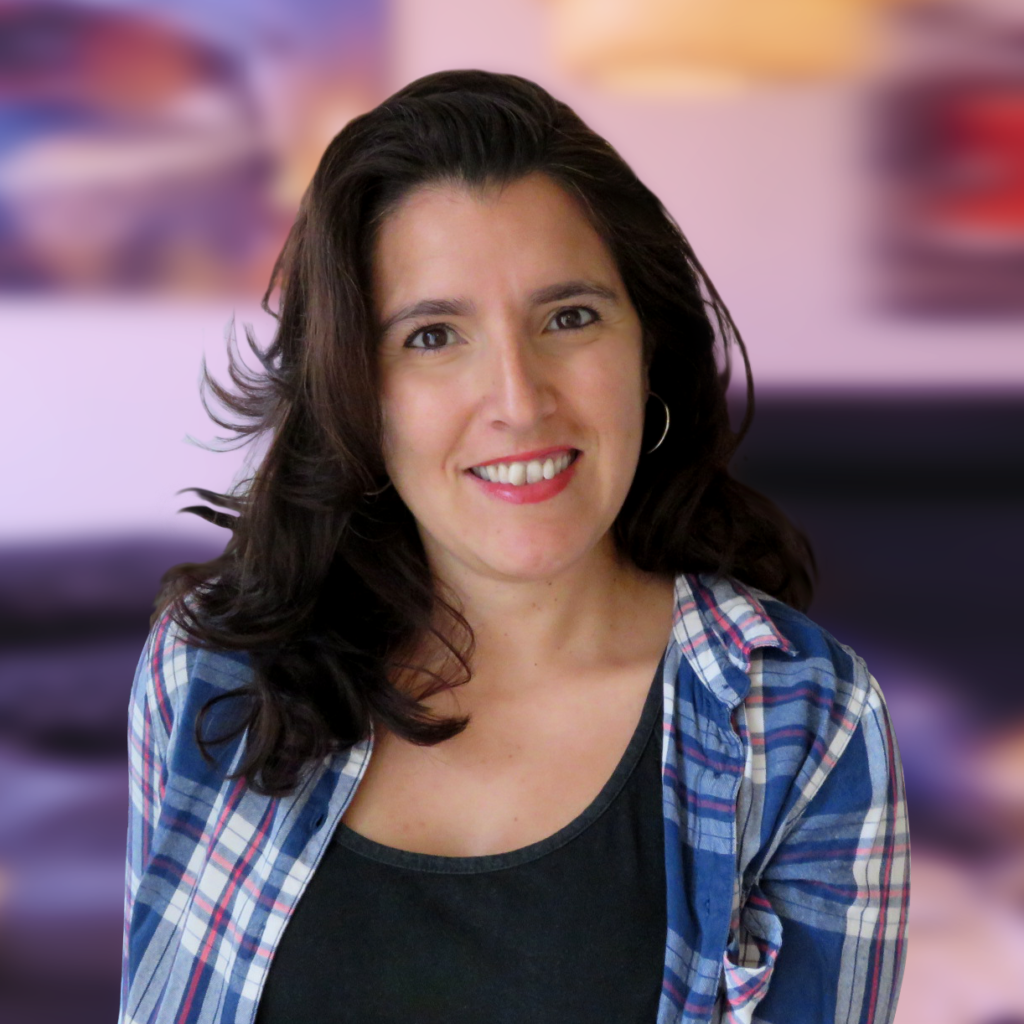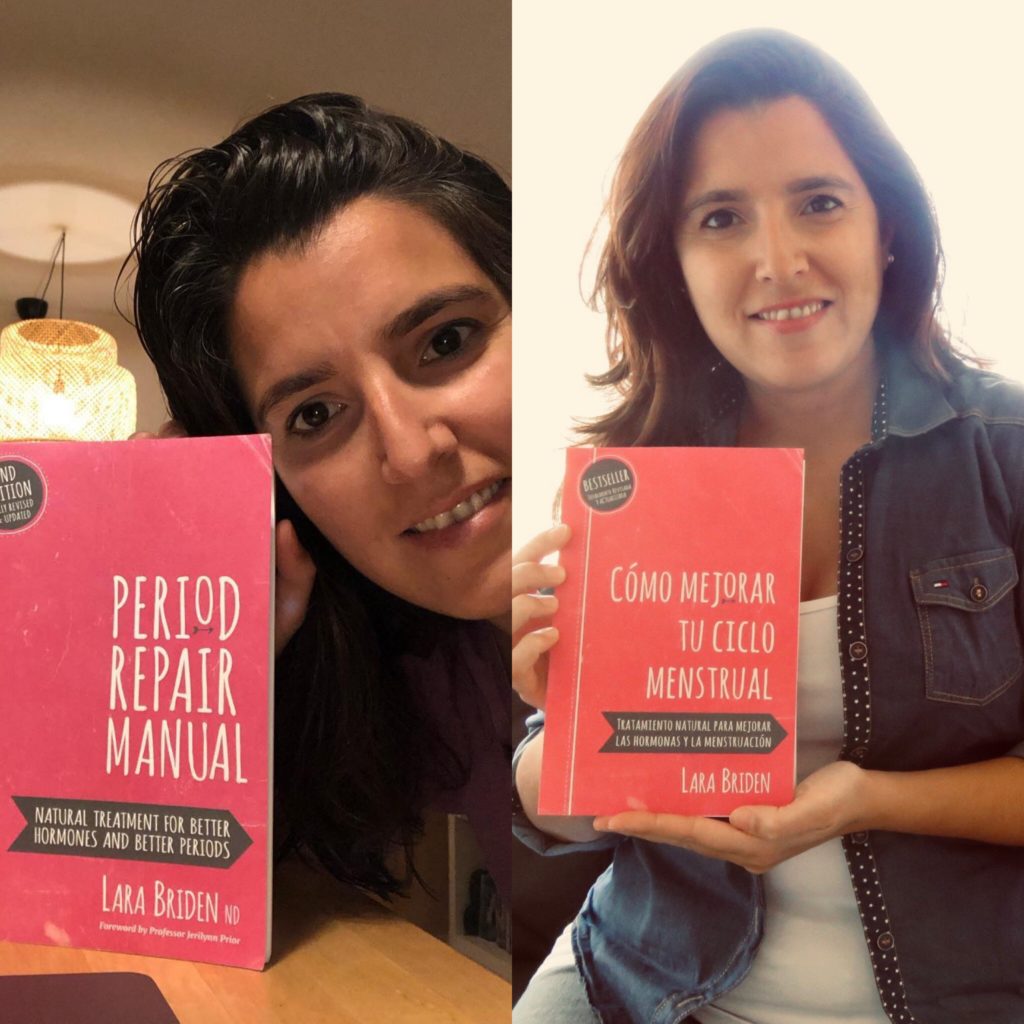Why I chose women’s health translation

Specialization is a very important part of a translator’s career. I know many colleagues who decide to go for legal translation, marketing translation or agriculture translation. Some others choose medicine, architecture, arts… There are so many choices out there: subtitling, editing, voice-over. The list goes on and on. Some others (like me) make up their minds on the so-called “micro-niches.” This means a subsection of a bigger and more general category. For example, a micro-niche of agriculture would be viticulture or wine-growing.
People often ask me why I decided to specialize in women’s health, a micro-niche of medicine. Let me tell you a story.
Growing up
When I was 13, I got my first period. A couple of weeks before, I noticed some strange, egg-white-like flow coming out of my genitals. I had no idea what that was so, obviously, I turned to the only person who could always solve every problem: my mom. My mom has always been very open with all the so-called “taboo” topics. She taught me about the human body, sexuality and so on. But for some mysterious reason, she never told me anything about menstruation. (You can read another story about menstruation and my mom here.)
So, when I went to her with this “problem”, she was in a bit of a shock. It must have been one of the only times when she didn’t have a solution. As expected, she tenderly explained that maybe it was time for me to visit a “ladies doctor” for the very first time. We went together to my mom’s male gynaecologist. I felt a bit embarrassed when I realized that I had to be naked from the waist down in front of a man I’d never met before in my life. Anyway, I (wo)man up and allowed him to do what would later become a routine check-up. He took a sample of this weird flow and sent it to a lab for examination. Luckily, results came back completely normal. A couple of weeks later, I got my first period.
Adulthood
Now that I’m an adult, body-literate woman (I love this term! There’s more about it below), I can’t help but wonder: did any of them -my mom and her doctor- actually know that what I was going through was ovulation? If they did, why didn’t they explain the whole menstrual process to me? Maybe they thought I should have learned that at school. Maybe they thought I was too young to understand what was going on in my body. Or maybe, just maybe, they actually didn’t know. I mean, in 1998, people were not openly talking about periods, ovulation and the woman’s cycle in general.
After my work in the translation of the book Period Repair Manual, I fell in love with the topic of women’s health. It seems to be such an unknown territory, no man’s land (literally). From that moment on, I became a book worm on the women’s cycle. There are amazing books, blogs, and podcasts that spread loads of information and answer from the most common to the most unheard questions about menstruation. And they all deserve a translation in tons of languages!
I’ve been researching nonstop on this subject. I came across a wonderful concept called “body-literacy”, which basically means to become aware of what’s going on in your body and understand why such events happen.
I’m not alone!
During my last trip to my home country, Argentina, I told all my friends and family what I’ve been doing. They were all very excited when I gave them copies of the book I translated (and Dr. Lara Briden so magnificently wrote.) But what amazed me the most was that each and every woman told me a story about their menstruation. Each and every one of them currently has problems with their periods but doctors tell them “don’t worry, it’s normal”.
I heard things such as really heavy periods, terrible mood swings, hair loss, lack of period for months (not being pregnant), menopause-related issues, hormonal imbalance, excruciating pain. One of my friends who had been on the pill for years and then got a copper-IUD told me: “Dr. Briden’s book has blown my mind. Why don’t we have access to this information at school, in the media? This should be everywhere!” I couldn’t agree more.
Translation is crucial to help many more women! (Sharing is caring!)
Writers, bloggers! I encourage (urge?) you to spread your message on women’s health around the globe. There are many places in the world where women have no access to information as you think they should. Restrictions such as language should not impede us from understanding what we are going through, from becoming “body-literate.”

Now tell me, is there any other book that you recommend on women’s health? If so, in what language did you read it? Use the hashtag #menstruanslation and let me read your stories in the comments.
Please, feel free to share this article. Let’s together get to all authors and explain to them why #menstruanslation is so important!

Hi there! I’m Ariadna, from ariadnatranslations.com I’m here to share some thoughts and ideas about my job as a translator. I love writing about language, women/feminism, health, and wellbeing, among other interesting topics. If you liked what you read above, I invite you to comment and share in your social media.

5 Comments